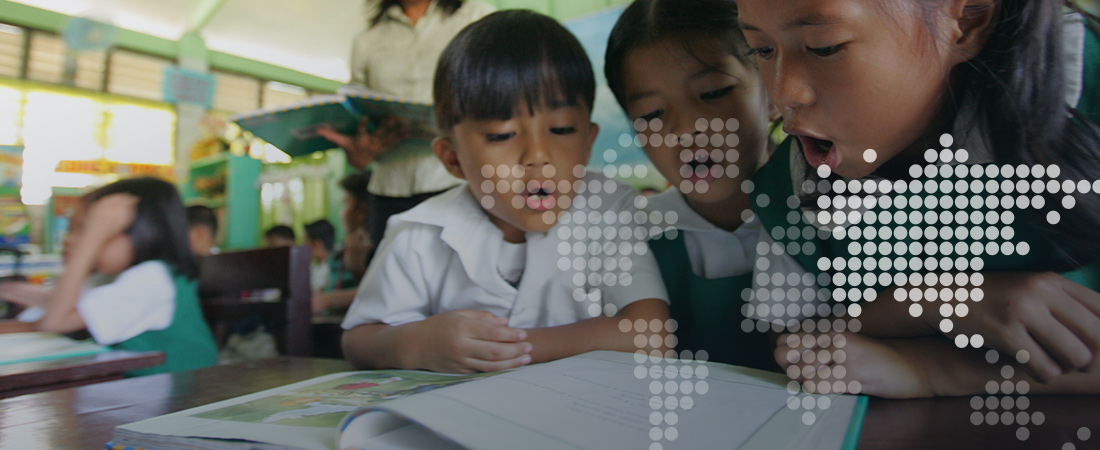
EDC's work to strengthen literacy instruction has improved outcomes for millions of students in the Philippines.
With one quarter of the population between the ages of 10 and 24, the demand in Southeast Asia for education and economic opportunity is greater than ever. EDC’s efforts in Indonesia, the Philippines, and the Lower Mekong to create meaningful opportunities for youth by aligning public, private, education, and industry partners have been successful, reaching hundreds of thousands of young people.
EDC is also improving elementary and basic education for younger children though high-quality literacy programs, teacher professional development, and policy implementation. And we are fighting drug abuse and HIV/AIDS through programs that help people develop the knowledge and behaviors they need to chart a long, healthy future.
Projects
Resources
This report details the activities of the Accelerating Work Achievement and Readiness for Employment (AWARE) Project, which took a new approach to improve workforce development in Indonesia and the
In this midterm evaluation of the Basa Pilipinas project in the Philippines, EDC tracked and measured changes in student reading performance.
The Learning Generation Initiative strategy is a comprehensive road map that outlines our vision and strategic initiatives.
This guide provides a conceptual framework, instruments, and tools for designing and implementing youth assessments in developing countries.
The Learning Generation Report presents an action plan to deliver and finance an expansion of educational opportunity for more than 260 million children and youth who are not in school today.
This study reviews student assessment data collected from 15 EDC projects to determine the impact of interactive radio instruction (IRI) on student achievement in hard-to-reach areas.
This report outlines the need to work together with new and unlikely allies, other than education actors alone, to reimagine how our interconnected systems—health, education, economic development, and the protection of our planet—can work toward Sustainable Development Goal 4: Quality Education and beyond.
Through WRN Workplace, work-based learning is integrated into EDC’s Work Ready Now program to make learning come alive outside of the classroom.
With funding from the Foreign, Commonwealth & Development Office (FCDO) and in partnership with Oxford University’s Blavatnik School of Government (BSG), the Learning Generation Initiative (formerly the Education Commission) produced the DeliverEd Final Report, Deliberate Disruptors: Can Delivery Approaches Deliver Better Education Outcomes? The following are the supporting research products produced in interpretation of the research.
This factsheet describes the work of the USAID-Lower Mekong Initiative Conecting the Mekong through Education and Training (USAID-LMI COMET) project to narrow the devleopment gap in Southeast Asia throught the MekongSkills2WorkNetwork.